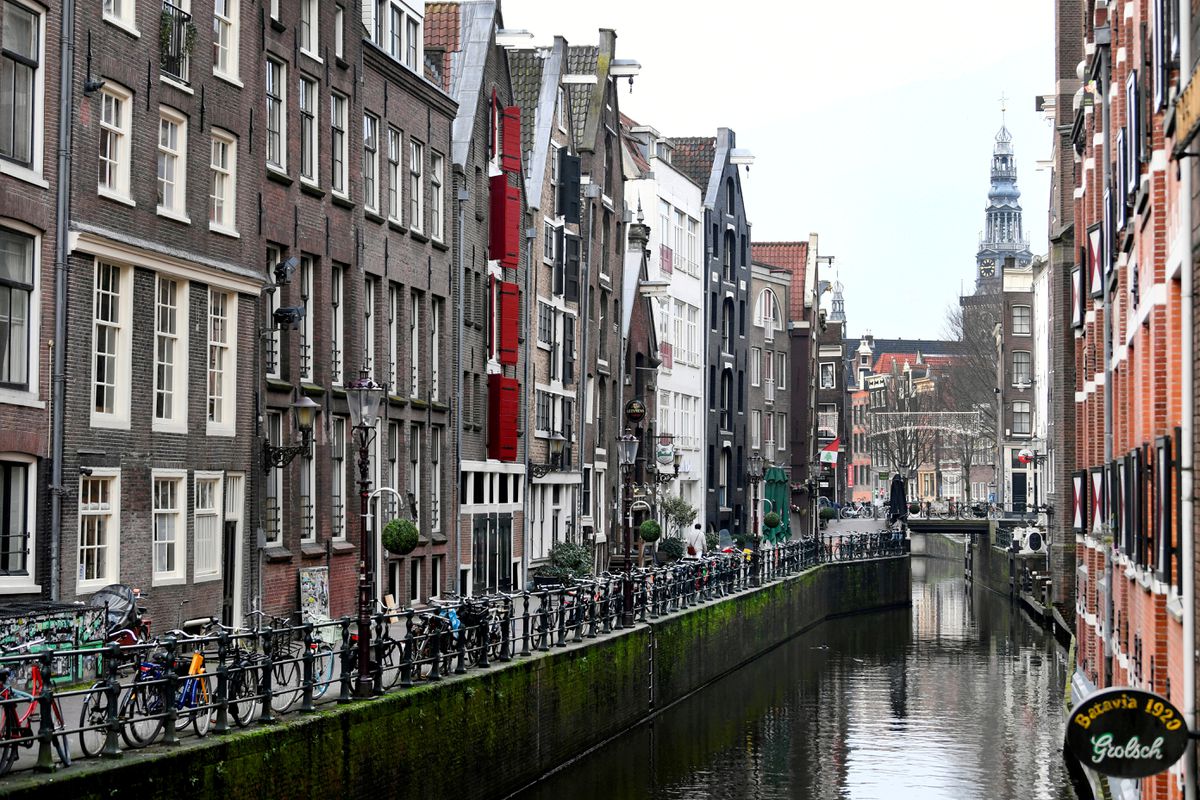The earliest known cases are still from southern Africa. The first identified samples were collected on November 9, from a 34-year-old man and a 23-year-old man in Johannesburg, South Africa, according to the GISAID global database. And on November 11, five samples exhibiting the variant were collected in Botswana.
Experts caution, though, that the variant could have originated elsewhere. Even countries with world-leading sequencing programmes only assess a portion of their cases. Labs in many countries are now combing through samples collected not just in recent days but over the past month.
The RIVM National Health and Environment Institute said it “has found the corona variant Omicron in two test samples that had already been taken in the Netherlands … on November 19 and 23”.
The first cases in the Netherlands had been thought to be the 14 Omicron infections on two KLM flights from South Africa that arrived in Amsterdam on Friday, November 26.
“It is not yet clear whether the people concerned [in the earlier cases] have also been to southern Africa,” the RIVM said, adding that the people had been informed and municipal health services had now started contact investigations.
“In the coming period, various studies will be conducted into the distribution of the Omicron variant in the Netherlands,” the institute said, adding that it would re-examine more samples from previous tests.
With 16 confirmed cases, the Netherlands has one of the highest numbers in Europe of the new strain.
The airline passengers with Omicron, who were among 61 travellers on the two South Africa flights that tested positive for Covid-19, are currently in quarantine.
The Dutch case will increase concern about how far the variant had already spread in Europe before many countries brought in travel bans on southern African nations.
Belgium, the first European country to report the presence of the new variant, has said that a case tested positive on November 22, and had developed symptoms 11 days after travelling to Egypt via Turkey.
Germany has meanwhile said that a person who tested positive for the variant had arrived at Frankfurt international airport on November 21.















